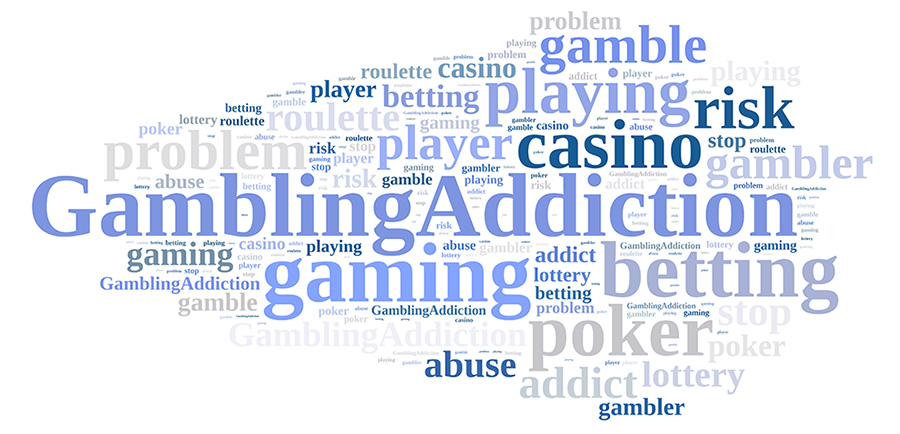Gambling is one of the most insidious of human vices, as it presents the illusion of easy money yet can quickly lead to financial ruin. The odds are never in your favour whether it is poker, blackjack or anything else; gambling is a successful industry because the house ALWAYS wins.
Gambling is a diverse activity, so different types of gambling addiction exist as well. It is not always obvious when someone is addicted to gambling. Contrary to popular belief, the act of gambling is not restricted to slot machines, cards and casinos.
Gambling addiction can occur when a person feels that they are in financial ruin and can only solve their problems by gambling what little they have in an attempt to get a large sum of money.
Another type of gambling addiction results when a gambler plays the games and makes risky bets to experience the emotional high associated with taking huge risks that occasionally pay off.
In both cases, the person affected by this addiction must have the desire to stop the behaviour, not just to please family and friends
What Are the Signs of a Gambling Problem?
The signs of a gambling problem are often the same as the signs of other addictions. Common signs of addiction include, but are not limited to, the following:
- Feeling the need to be secretive about gambling
- Having trouble controlling gambling habits
- Gambling when you cannot afford to
- Your friends and family express concern about your gambling
Of course, as with any other addiction, the hallmark sign of a gambling problem is that you feel you cannot stop. If you feel like you need to try just one more time, or if you feel anxious when you think about quitting, it is highly likely you are suffering from a gambling addiction.
Emotional Symptoms of Excessive Gambling
Excessive gambling often causes a multitude of emotional symptoms, including anxiety, depression, and even suicidal thoughts and tendencies. In extreme situations, these thoughts may lead a gambler to actually making an attempt to end their life. Losing everything to gambling is devastating and leaves many people feeling completely hopeless.
Physical Symptoms of Excessive Gambling
Because gambling can cause depression, anxiety and self-harming tendencies, several physical signs are to be watched out for. Depression and anxiety sometimes lead to sleep deprivation, which may result in pale skin, weight gain or weight loss, acne and dark circles under the eyes
Short-Term and Long-Term Effects of a Gambling Addiction
Gambling is associated with many additional effects, in both the short- and long-term. Gambling addiction frequently results in other addictions that serve as coping mechanisms for people who are stressed out by the activity. Many gamblers turn to drugs, alcohol and other activities to alleviate the anxiety brought on by the gambling lifestyle. Even if a gambler never experiences financial ruin as a result of the lifestyle, they may struggle with drug and alcohol addiction after self-medicating to deal with the stress. Also, relationships are often permanently damaged as a result of gambling.
Depression and Gambling
Because gambling addiction is often associated with depression, watch out for signs that you are, or your loved one is, suffering from this debilitating disorder. Lethargy, fatigue, change in appetite and unhappiness are several symptoms out of many that someone is suffering from depression.
Why wait to reach rock bottom?
You don’t have to lose everything and everybody in pursuit of a false addictive behaviour……

